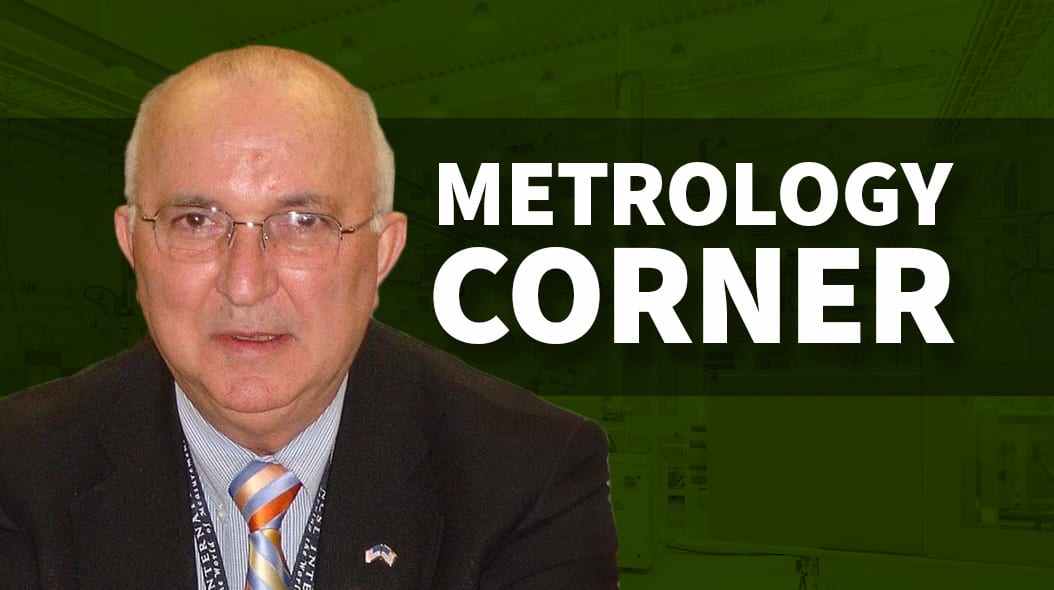LEAN WITH LAZARUS
Ian R. Lazarus
Lean with Lazarus | Ian R. Lazarus
Little did I know that I was about to be exposed to the 8 deadly wastes, all in one single transaction.
Delayed by Deadly Wastes: A Rented Car Gives Rise to All 8 of Them

The plan was simple. I’d rent a car at the airport in San Jose, then drive south to Monterey for a business meeting. Little did I know that I was about to be exposed to the 8 deadly wastes, all in one single transaction.
At the “Gold Counter,” I was instructed to go directly to the lot, take the car of my choice, and (theoretically) be on my way. However, once I took the elevator to the cars, the marquee did not show my name as eligible for this benefit. Instead, a sign said “if your name is not listed, return to the first floor and see an associate. We apologize for the inconvenience.”
And so, we arrive at the first deadly waste, “unnecessary transportation,” for what would be (again, theoretically) their most valued customer. By the time I returned to the first floor, several other customers were waiting, even though I would have been first in line had I simply gone to the counter in the first place. The second and most common waste, “waiting,” found its way into my experience.
Fortunately, the counter agent felt sympathy for me as I explained that, due to a flight delay, I needed to get on the road immediately. He told me to return to the second floor and select whatever car I wanted. I did so, hopping into the first car I saw, and proceeded to the exit where another agent would confirm I was not stealing the car, and lift the gate allowing me to proceed. As I drove to the exit, I noticed the “excess inventory” of cars that this company had available.
“Sir, this kind of thing happens ALL the time.”
“Sir, I just need to see your credit card,” said the agent in the booth. I accommodated the request, assuming he would swipe it, return it, and lift the gate. Soon I was witness to “excess processing” on a level I’ve never seen before. Over and over the agent put the card in a machine, fiddled with the monitor and keyboard, and repeated the process. Remove and replace card, fiddle with the monitor, punch the keys, fiddle, punch, rinse, repeat. My nerves were fraying all by themselves.
Finally, I said, “is there a problem?” to which he replied, “Sir, the machine does not accept your card, there is something wrong with the card.” “There is nothing wrong with it; I just used it,” I explained. What he said next is important: “Sir, it’s your card, not mine, and it doesn’t work. Let me try it on another machine.” And so, what began as a short walk to the next booth precipitated a series of “excessive motions,” as I watched the agent attempt to get the “defective product” in each booth to read my card correctly.
“Look, I’ll give you another card,” I yelled to him while he sat at the booth in the next lane. “Oh, that would be great,” he said. But when he collected it and it didn’t work on the machine in the booth next to my car, he motioned that he would go to other booth yet again, with my second card, to try it there. “No, but….Wait…!” Too late, he was already in there, fiddling, punching, over and over. I sat helplessly witnessing a defective product giving rise excessive motion and excessive processing; it was like being forced to watch a bad movie, in slow motion, twice.
I got out of the car and started screaming at this poor man. It was not his fault; we were both victims now. He eventually found a way to manually enter my credit card information and I was on my way, about 20 minutes after I arrived at the gate.
As I inched toward the now open gate, I said to the agent, “you need to talk to your management about this.” His reply was stunning. “Sir, this kind of thing happens ALL the time.” Really? Was the existing process designed to intentionally “underutilize talent” in the booth, without regard for customer satisfaction?
I had an hour drive from San Jose to Monterey for my meeting and on top of the late flight, another 20-minute delay was all it took for me to miss the meeting entirely.
The following day I returned the car. It was 4 p.m. and the airport was empty. There were five agents behind the counter, and one customer other than me.
“I’d like to speak to the manager about my rental,” I said. A representative went behind the wall, returning a few seconds later. “I’m sorry they are all in a meeting,” she said. “They?” I said, “there are several managers (“overproduction”), but no one is available to speak with me. You’re kidding, right?” She nodded her head. These days you need a durable sense of humor if you are going to prevail as a road warrior.
I only hope all those managers were discussing the process for verifying customer details in the parking garage.
Taiichi Ohno, founder of the Toyota Production System, famously said “to eliminate waste, we need to make it obvious to everyone.” Now that you’ve seen it obviously manifest itself in one transaction, how many of these wastes are victimizing your key customers?
